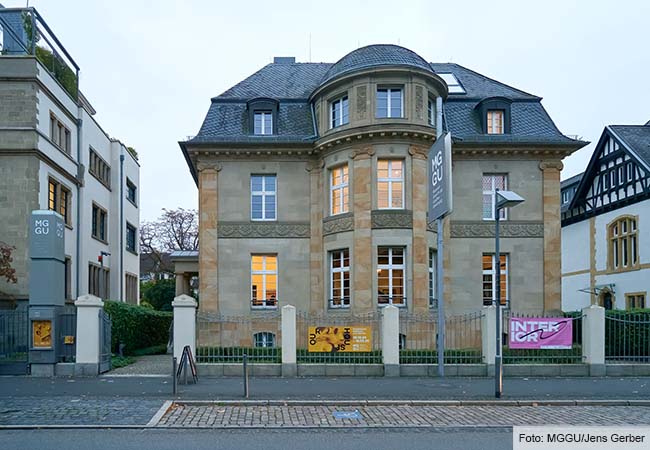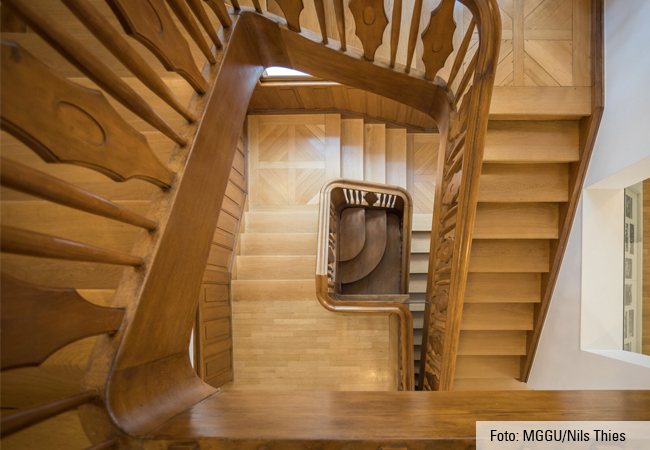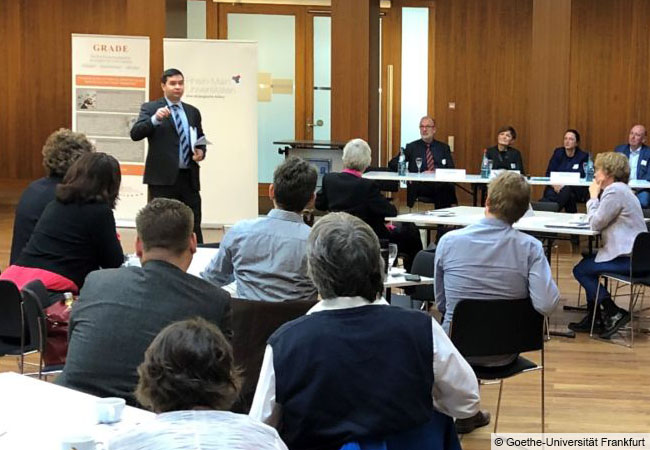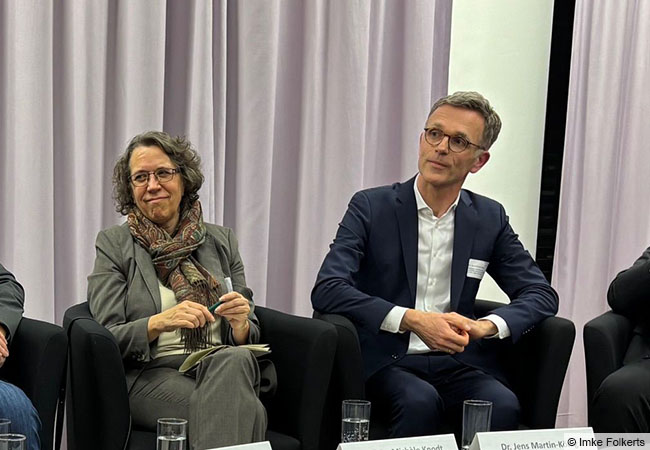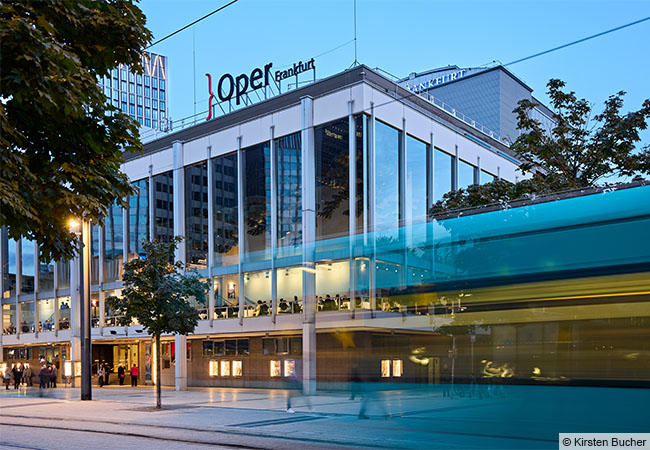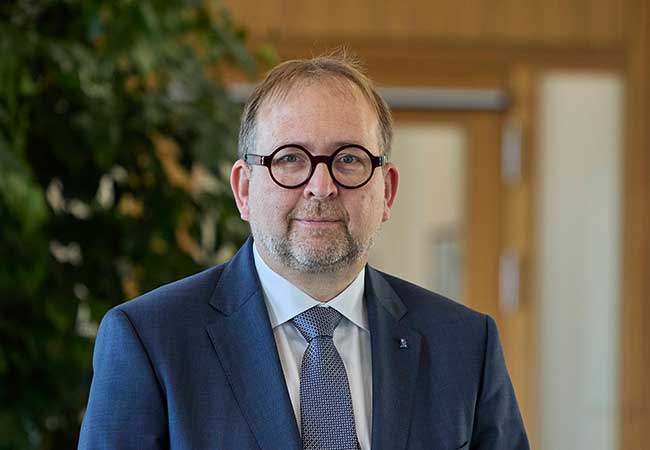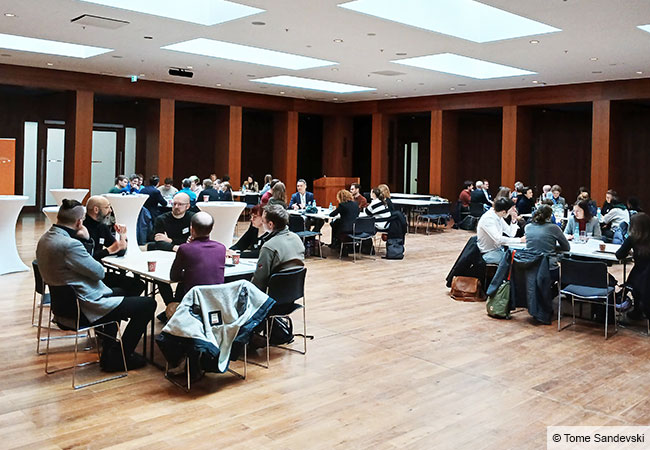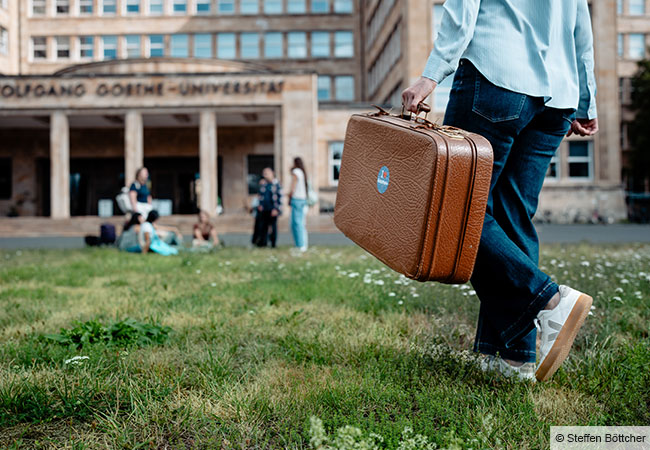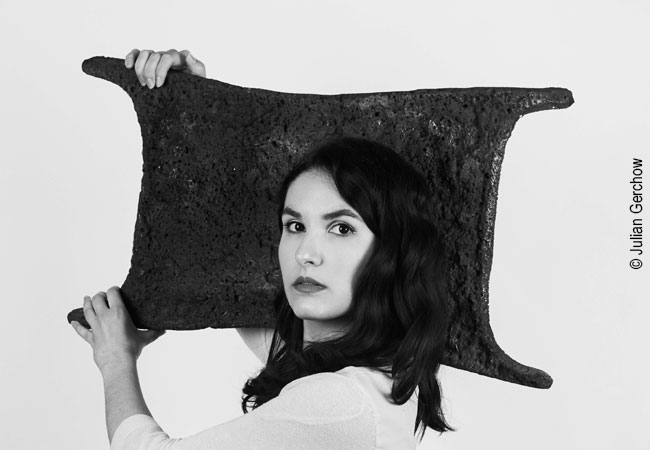
Foto: Julian Gerchow
Can doctors’ theses be interesting, topical and generally understandable? In colourful, playfully designed rooms, fourteen doctoral students and two postdocs from the fields of archeology and cultural anthropology – all participants in the Goethe University Frankfurt’s “Value and Equivalence” Research Training Group – present their research themes and why they find them so fascinating: How do Uzbek immigrants to the U.S. change their eating habits? How did the Romans hoard their money without cash machines? How did the gods live and die Mesopotamia? And what are the differences between the Ghanaians and us in how we deal with death?
Students from the Darmstadt University of Applied Sciences design departments bring these themes to life with the help of some 300 objects, pictures and photographs form museums in Berlin, Hamburg, Munich Stuttgart, etc. as well as from the Goethe University’s own collections. Various media, audio stations and film interviews produced especially for the show shed new light on current topics, for example the role played by fan merchandise at the gladiatorial games in ancient Rome. One of the films shows the moving scene of how the Maori regained the rights to the Whanganui River in New Zealand in 2017.
A photo art project carried out by students of the Rhein-Main University in Wiesbaden gives the Research Training Group participants a face. With a sense of beauty and humour, the black-and-white photos portray the people behind the scholarly endeavours and show that research can definitely have a fun side.
The catalogue, published by Michael Imhof Verlag, can be purchased in the museum for € 24.90 .
[dt_call_to_action content_size=“small“ background=“fancy“ line=“true“ animation=“fadeIn“]
Exhibition opening: Thursday, 29 November 2018, 6:30 pm
• Greeting: Prof. Dr. Roger Erb, Goethe University Vice President, Head of Divison “Humanities and Social Sciences”, German Research Foundation (DFG)
• Welcome: Dr. Manfred Großkinsky, Museumsleiter
• Introductions: Professor Hans Peter Hahn, Speaker of graduate school “Value and Equivalence“, Goethe University, Dr. Charlotte Trümpler, Exhibition Curator
• Music: Tschiltan
[/dt_call_to_action]
Further information on opening hours, guided tours, admission, lectures and special events can be found at www.museum-giersch.de.
Funding: Stiftung Giersch; Sponsor: German Research Foundation (DFG), Familien-Schultz-Frentzel-Stiftung.
Source: Goethe University Press Release from 13 November 2018


